Description
Familiarity with treatment
Laser Acne Treatment involves the use of lasers or light therapies to target active acne and help reduce breakouts. Different types of lasers and light therapies are used to treat acne, each with its own specific mechanism of action. Here are some of the different types of lasers commonly used in Laser Acne Treatment:
Ablative Lasers: Ablative lasers, such as erbium:YAG and carbon dioxide (CO2) lasers, aim to remove the top layer of the skin where acne scars may be present. This type of laser treatment targets the entire top layer of the skin in the area with scarring. It can take several days to weeks for the redness from ablative lasers to subside.
Non-Ablative Lasers: Non-ablative lasers, such as infrared lasers, work by targeting the deeper layers of the skin without removing the top layer. These lasers heat the skin to stimulate collagen production and encourage new cell growth to replace damaged, scarred tissue. Non-ablative laser treatments typically have minimal downtime and a shorter healing process compared to ablative lasers.
Fractionated Lasers: Fractionated lasers deliver laser energy in a fractionated pattern, creating microscopic treatment zones on the skin. This stimulates collagen production and promotes skin rejuvenation. Fractionated laser treatments can be effective for acne scars and may require multiple sessions for optimal results.
Pulsed-Dye Lasers (PDL) / Intense Pulsed Light (IPL): Pulsed-dye lasers and IPL are commonly used to treat redness associated with acne inflammation. These lasers target blood vessels and can help reduce the redness caused by acne.
It’s important to note that the specific type of laser used in Laser Acne Treatment may vary depending on individual needs, the severity of the acne, and the presence of acne scars. The choice of laser treatment should be determined by a dermatologist or skincare professional based on a thorough evaluation of the individual’s skin condition.
The Laser Acne Treatment procedure typically involves cleansing the skin, wearing protective eyewear, and applying the laser or light therapy device to the affected areas. The laser energy or light energy is absorbed by the skin, targeting acne-causing bacteria, reducing inflammation, and promoting healing. The number of treatment sessions required may vary depending on individual needs and the severity of the acne.
Who is it suitable for?
Laser Acne Treatment is suitable for individuals who have active acne and want to reduce breakouts. It can be beneficial for those with mild to severe acne on their skin. Laser Acne Treatment can help to significantly reduce and even completely eradicate active acne, providing marked improvements for patients with hard-to-treat acne.
Who is it not suitable for?
Laser Acne Treatment may not be suitable for everyone. Here are some factors that may make an individual not suitable for Laser Acne Treatment:
Darker Skin Tones: Laser treatments can sometimes cause changes in skin pigmentation, particularly in individuals with darker skin tones. This can result in hypopigmentation (lightening of the skin) or hyperpigmentation (darkening of the skin). It’s important to consult with a dermatologist or skincare professional experienced in treating darker skin tones to determine the best course of action.
Active Skin Infections or Inflammation: If you have an active skin infection or inflammation, Laser Acne Treatment may not be recommended. It’s essential to allow the skin to heal before undergoing laser therapy to prevent further complications.
Pregnancy: Laser treatments, including Laser Acne Treatment, are generally not recommended during pregnancy. The potential effects of laser energy on the developing fetus are not well understood, and it’s important to prioritize the safety of both the mother and the baby.
Photosensitivity: Some individuals may have a higher sensitivity to light or be taking medications that increase photosensitivity. In such cases, Laser Acne Treatment may not be suitable, as it can potentially worsen the skin’s reaction to light.
Accutane Use: If you have taken the medication isotretinoin (commonly known as Accutane) within the past six months, Laser Acne Treatment may not be recommended. Accutane can make the skin more sensitive and increase the risk of adverse reactions to laser treatment.
Advantages
Laser Acne Treatment offers several advantages for individuals seeking to address their acne concerns. Here are some of the benefits associated with Laser Acne Treatment:
Quick and Painless Procedure: Laser treatments for acne, such as blue light therapy, can often be completed in just 15 minutes. These therapies are generally painless, minimizing discomfort for the patient during the procedure 1.
Rapid Results: Laser treatments for acne can yield relatively fast results. It typically takes about two to three sessions for patients to start seeing improvements in their acne condition.
Effective for Acne Scars: Laser treatments can be highly effective in reducing the appearance of acne scars. They can help break down scar tissue and promote the growth of new, healthy skin cells, leading to a smoother complexion 2.
Minimally Invasive: Laser Acne Treatment is a non-invasive procedure, meaning it does not involve surgical incisions. This can be advantageous for individuals who prefer to avoid invasive procedures or have concerns about scarring.
Long-Term Results: Laser treatments have the potential to provide long-term results for acne treatment. Unlike topical creams that may require continuous maintenance, laser therapy can offer lasting improvements without the need for ongoing treatment 3.
Precise Effects: Laser treatments have very precise effects, allowing dermatologists to target specific areas of concern. This precision can be beneficial for treating acne scars and hyperpigmentation left behind after acne heals.
Complications
Complications of Laser Acne Treatment can vary depending on the specific treatment used and the expertise of the provider. Here are some potential complications and side effects associated with Laser Acne Treatment:
Worsening Acne: In some cases, laser treatments may initially cause a temporary worsening of acne breakouts before improvement occurs. This can happen due to the skin purging impurities or as a reaction to the treatment itself.
Temporary Discoloration: Laser treatments can sometimes cause temporary discoloration of the skin, such as redness or hyperpigmentation. These changes in skin color usually resolve on their own over time, but it’s important to protect the skin from excessive sun exposure during the healing process.
Permanent Discoloration: In rare cases, laser treatments can lead to permanent changes in skin pigmentation, such as hypopigmentation (lightening of the skin) or hyperpigmentation (darkening of the skin). This risk may be higher for individuals with darker skin tones.
Scarring: While laser treatments are intended to improve the appearance of acne scars, there is a small risk of developing new or worsening existing scars as a result of the treatment. This risk is generally low when performed by experienced professionals.
Pain and Discomfort: Laser treatments can cause temporary discomfort during the procedure, such as a warming or stinging sensation. However, the level of pain experienced can vary depending on the individual’s pain tolerance and the specific laser treatment used.
preoperative care
Preoperative care for Laser Acne Treatment involves certain preparations to ensure optimal results and minimize the risk of complications. Here are some key aspects of preoperative care for Laser Acne Treatment:
Medication and Supplement Adjustments: It is generally recommended to avoid aspirin or blood-thinning supplements for at least two weeks prior to the procedure 1. This is to reduce the risk of excessive bleeding during the treatment. Additionally, certain acne treatment medications may need to be temporarily stopped before laser treatment on a case-by-case basis 1.
Smoking Cessation: It is advisable to refrain from smoking for at least two weeks before the laser treatment 1. Smoking can impair the healing process and increase the risk of complications.
Avoidance of Retinol Products: Skin care products that contain retinol should be discontinued for about two weeks before the treatment 1 Retinol can increase skin sensitivity and may interfere with the laser treatment process.
Sun Protection: It is important to avoid excessive sun exposure, tanning beds, or sunlamps before the laser treatment 2. Having a tan or sunburn can affect the effectiveness and safety of the procedure.
Preoperative Assessment: A thorough evaluation of the patient’s skin condition is typically conducted before the laser treatment. This assessment helps determine the most suitable laser type and treatment approach for the individual’s specific acne concerns 3.
Preconditioning the Skin: In some cases, preconditioning the skin with specific skincare products or treatments may be recommended to optimize the results of the laser treatment 3.
Postoperative care
Postoperative care following Laser Acne Treatment is crucial to promote healing, minimize complications, and optimize results. Here are some important aspects of postoperative care:
Follow Aftercare Instructions: It is essential to carefully follow the aftercare instructions provided by your dermatologist or skincare professional. These instructions may include specific guidelines for cleansing, moisturizing, and protecting the treated skin.
Protect the Skin from Sun Exposure: After Laser Acne Treatment, the skin may be more sensitive to sunlight. It is important to protect the treated areas from excessive sun exposure by wearing sunscreen with a high SPF, using protective clothing, and avoiding direct sunlight during peak hours.
Avoid Picking or Scratching: It is crucial to resist the temptation to pick or scratch at the treated skin, as this can increase the risk of infection, scarring, and other complications. Allow the skin to heal naturally.
Moisturize the Skin: Keeping the treated skin moisturized can help promote healing and prevent excessive dryness. Use a gentle, non-irritating moisturizer recommended by your healthcare professional.
Avoid Harsh Skincare Products: In the immediate postoperative period, it is advisable to avoid using harsh skincare products, such as those containing retinol or glycolic acid. These products can potentially irritate the healing skin. Follow the recommendations provided by your healthcare professional regarding skincare products.
Attend Follow-up Appointments: It is important to attend any scheduled follow-up appointments with your dermatologist or skincare professional. These appointments allow them to assess your progress, address any concerns, and make any necessary adjustments to your postoperative care plan.
Be Patient: It’s important to remember that the healing process takes time. Results from Laser Acne Treatment may not be immediate, and multiple treatment sessions may be required for optimal results. Be patient and follow the recommended postoperative care routine.
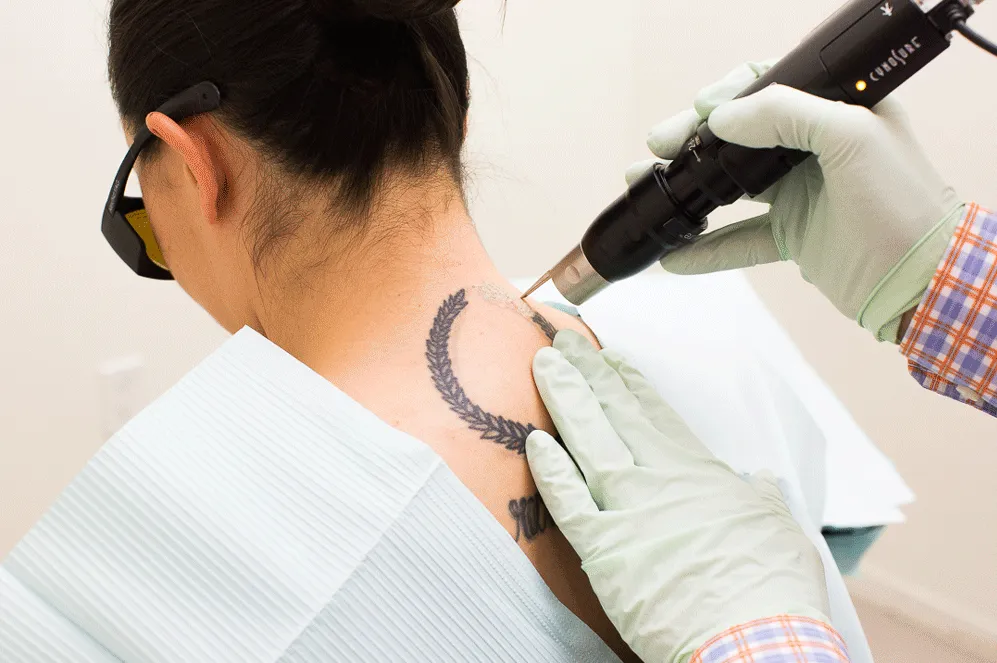
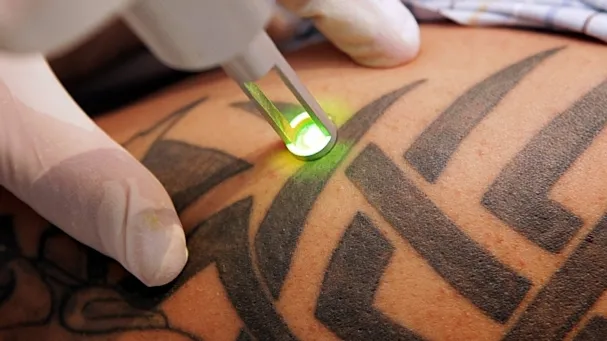
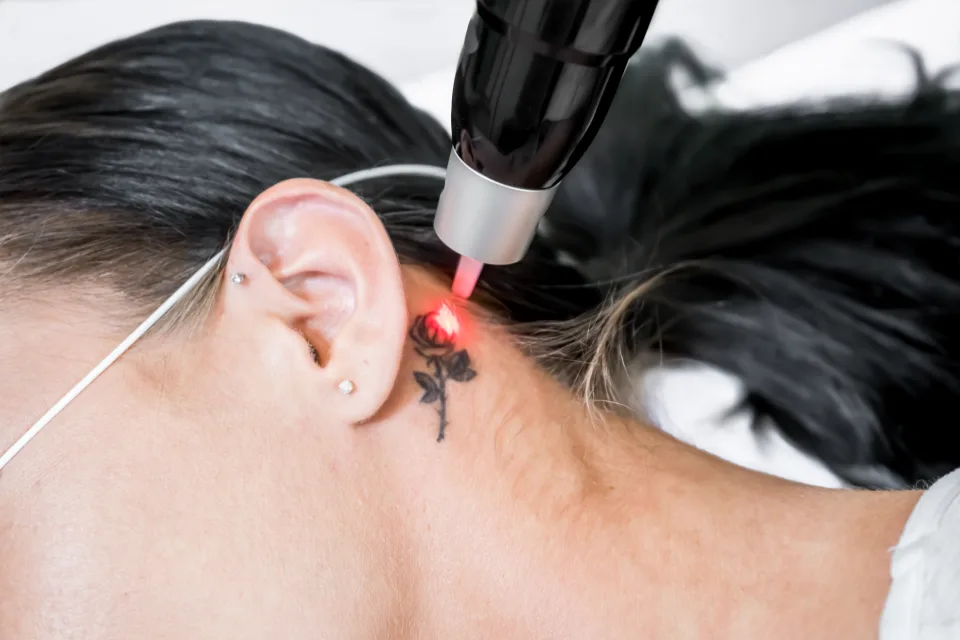
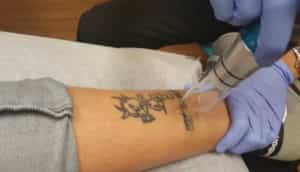

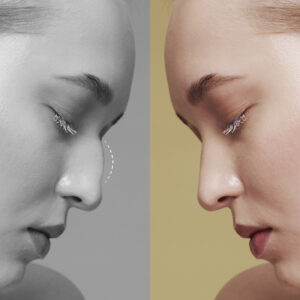
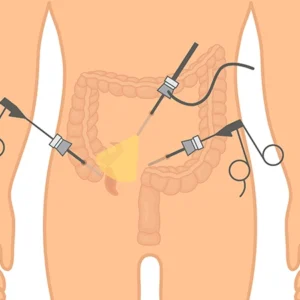

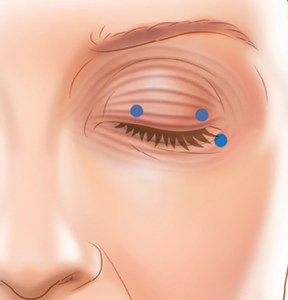
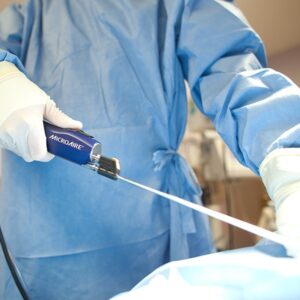
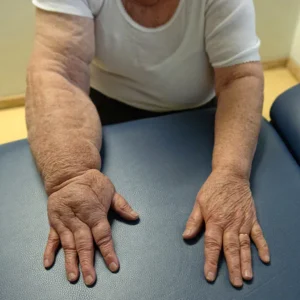
Reviews
There are no reviews yet.